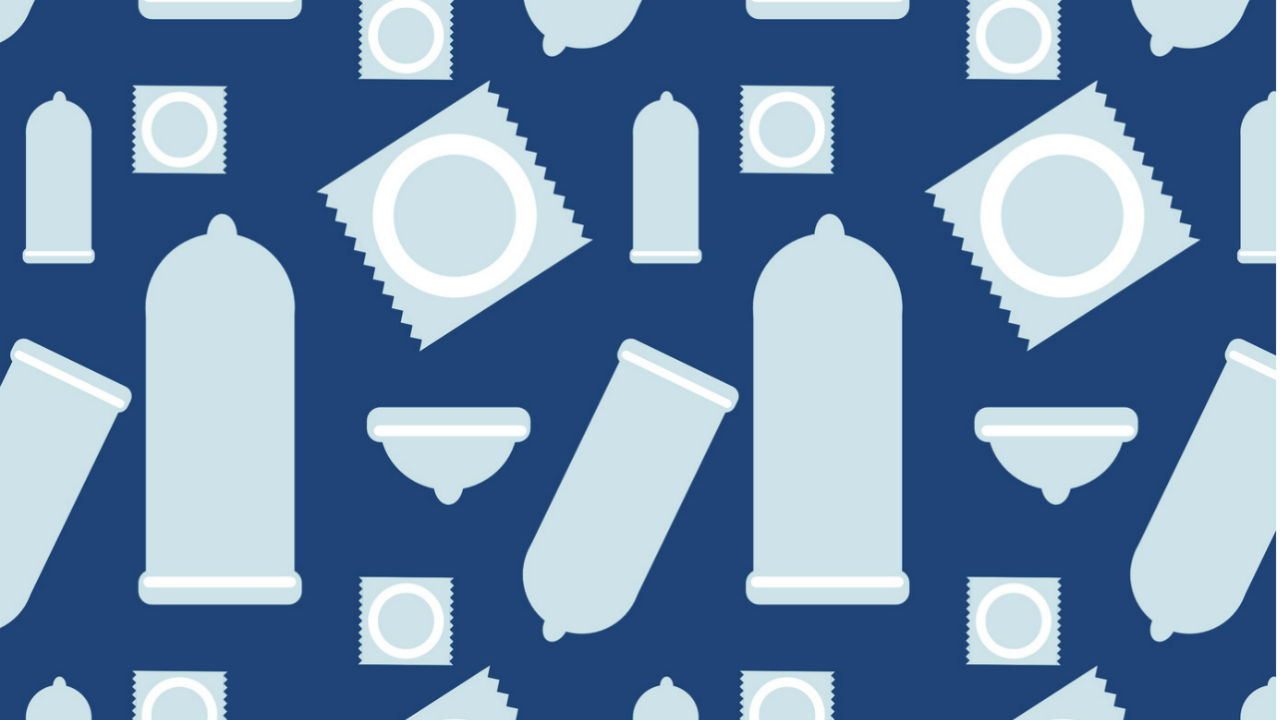Syphilis is a sexually transmitted bacterial infection(STI). It can be contracted by touching blood or sores of a person who has syphilis, especially sores found on the person’s mouth, penis, vagina, or the anus.
There are multiple stages of development in syphilis if left untreated:
• In the first stage of syphilis, you might develop sores 10 days to three months following infection. Sores usually don’t hurt and clear up without treatment in three to six weeks, but the infection does not go away without treatment.
• In the second stage, a rash may develop 2 to 10 weeks after the sores appear. Other symptoms you may experience include fever, swollen lymph glands, body aches, mouth sores, and fatigue. The rash may go away and the disease will go into the third and latent (dormant) stage for an extended period if not treated.
• If the disease continues to not be treated, it will enter a fourth stage where the disease can damage the nervous and circulatory systems of the body.
Questions to ask your doctor might include:
- How is syphilis tested? A blood test can identify syphilis in the first and second stage. The doctor may want to check spinal fluid to determine if the disease has progressed to the nervous system yet. Your doctor may want to test for other STDs if you have syphilis, as having one STD may mean you could have more than one.
- Do I need to tell my sexual partner(s)? It is important to contain the STD and treat it to avoid further complications, so you should tell your partner(s) if you have it, and suggest they get tested and treated. Syphilis is a reportable disease, meaning that doctors are required to report diagnosed cases of syphilis to ensure public safety. Your doctor may be able to help confidentially notify your sexual partners that they need to be tested.
- How can I prohibit getting syphilis or other STDs? Syphilis is highly contagious, especially in the first and second stages, so until given the all clear by your doctor (usually following two follow-up blood tests), avoid sexual contact with a partner being treated and always practice safe sex.
- How is syphilis treated? Antibiotics have been proven effective for treating syphilis. After initial treatment, you may experience something called Jarish-Herxheimer reaction including chills, fever, joint aches, muscle aches, headaches, nausea, and a rash. Treatment often depends on the stage of syphilis: first stage often is treated with one shot of penicillin, or doxycycline (if allergic to penicillin); in the second stage, you may receive two shots; in the third stage, you may receive shots of penicillin every day for 10 days.
- I’m pregnant. Should I be concerned about passing syphilis to my unborn child? Syphilis can be passed to an unborn child when pregnant and can cause birth defects or death if untreated.
- What could happen if I don’t get treated for my syphilis? Syphilis can affect your ongoing health if not treated. While sores and rashes found in the first and second stages may go away after several weeks, and may not cause too much discomfort, not treating syphilis could result in the disease progressing to the third and fourth stages where it can severely damage the nervous system, spinal cord, brain, heart and organs.
Resources –
www.familydoctor.org Syphilis
www.health.google.com Syphilis
Check out EmpowHER’s page on Sexually Transmitted Diseases including Syphilis for more information.
Have a question you didn't get answered? Become a member, post a question to our community, connect with others and be EmpowHERed!




